Sir Michael Bonallack: Britain’s Greatest Amateur
Sir Michael Bonallack who has died aged 88, was Britain's best ever amateur golfer. The Englishman enjoyed fantastic success as a player and went on to achieve great things in golf as a captain, administrator and ambassador.
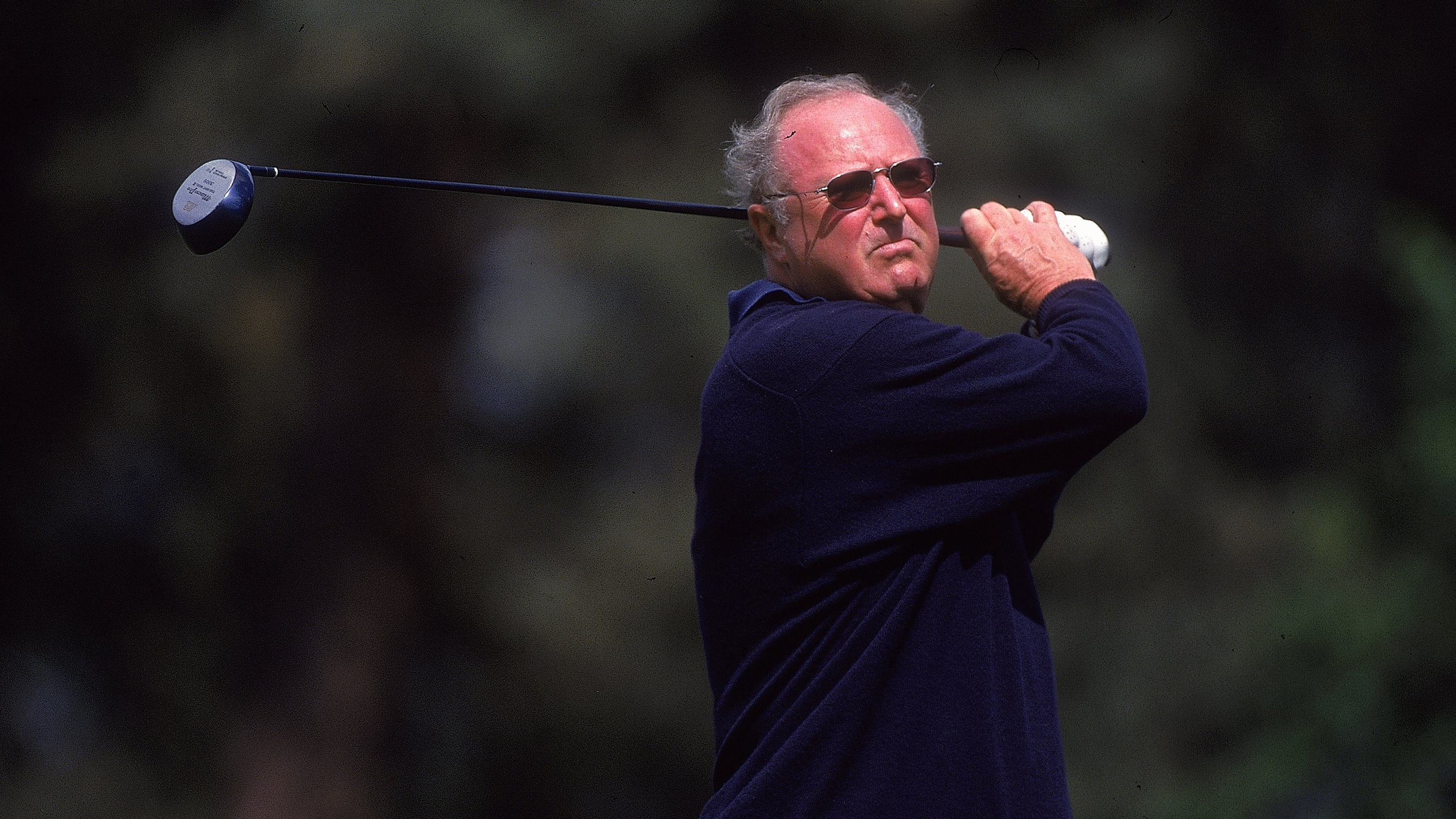

The summer of 1968 was a glorious one in the playing career of Michael Bonallack. That season the, then, 33-year-old completely dominated the domestic amateur game. He won the third of his five amateur championships at Royal Troon, his fifth English amateur title, the Brabazon trophy and the silver medal as leading amateur in the Open championship at Carnoustie.
30 years later, in 1998, Bonallack received the most esteemed of his numerous awards, as he knelt before the Queen and was knighted for his services to golf.
Few, if any, had such a wide-ranging and significant life in golf as Sir Michael Bonallack. As a player, administrator, ambassador and captain, the Englishman achieved on many different levels.
Born in Chigwell, Essex in 1934, Bonallack first showed an aptitude for golf on a family holiday to Devon when, at the age of 10, his parents spotted his skill during a knock-around on the beach. He was quickly given membership at Chigwell Golf Club and began to receive coaching from the club pro. Bonallack improved swiftly and, in 1952, he won his first major amateur title – The British Boys.
Five years after that, Bonallack was selected for his first Walker Cup team and he was to play in nine straight matches from 1957 to 1973. In 1971 he was playing captain of the home team that won the Cup at St Andrews, the first time GB&I had lifted the trophy since 1938. “It does not get, cannot get, any better than that," he said of captaining the side.
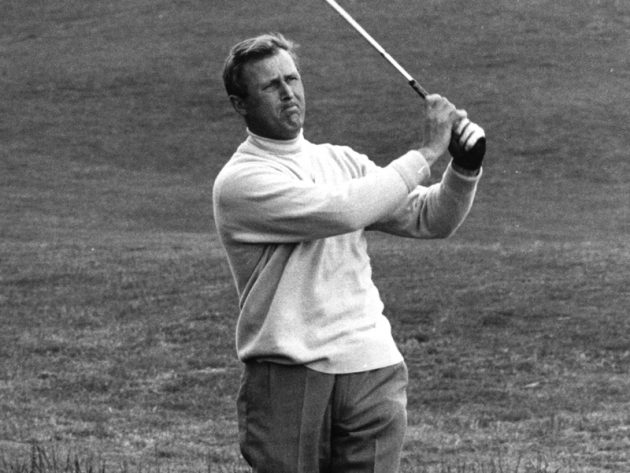
An extraordinary short-game was the foundation of Bonallack’s success as a golfer. In the final of the 1963 English amateur championship, Bonallack got up-and-down no less than 22 times over the 33 holes he required to see off a shell-shocked Alan Thirwell.
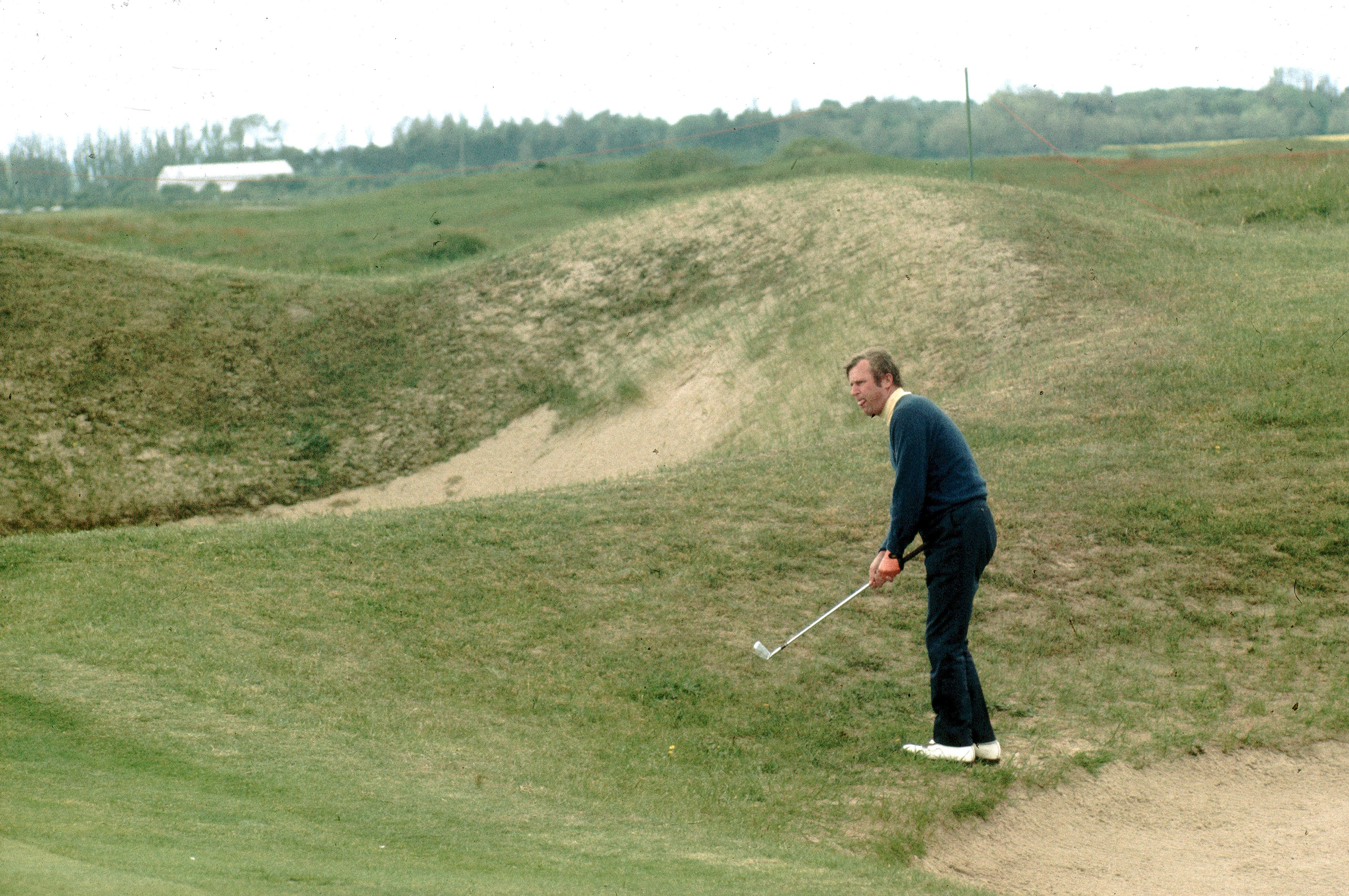
Sir Michael Bonallack in The Amateur Championship at Royal St George's 1972
Despite Bonallack’s obvious skill as a player, he elected to remain an amateur. At a time when professional tournament purses were a fraction of what they are today, Bonallack chose to make his living working in his family coach-building business. “I didn’t think I was good enough until I was too old.” He said. “When I saw how good Jack Nicklaus was and compared that to how good I thought I was, there was a big difference. I thought, ‘I might starve if I turn professional.’”
Get the Golf Monthly Newsletter
Subscribe to the Golf Monthly newsletter to stay up to date with all the latest tour news, equipment news, reviews, head-to-heads and buyer’s guides from our team of experienced experts.
He played simply for the love of golf. When secretary of the R&A he was once asked: “Most people play golf to escape work. What do you to relax?” “I play golf.” He replied without hesitation.
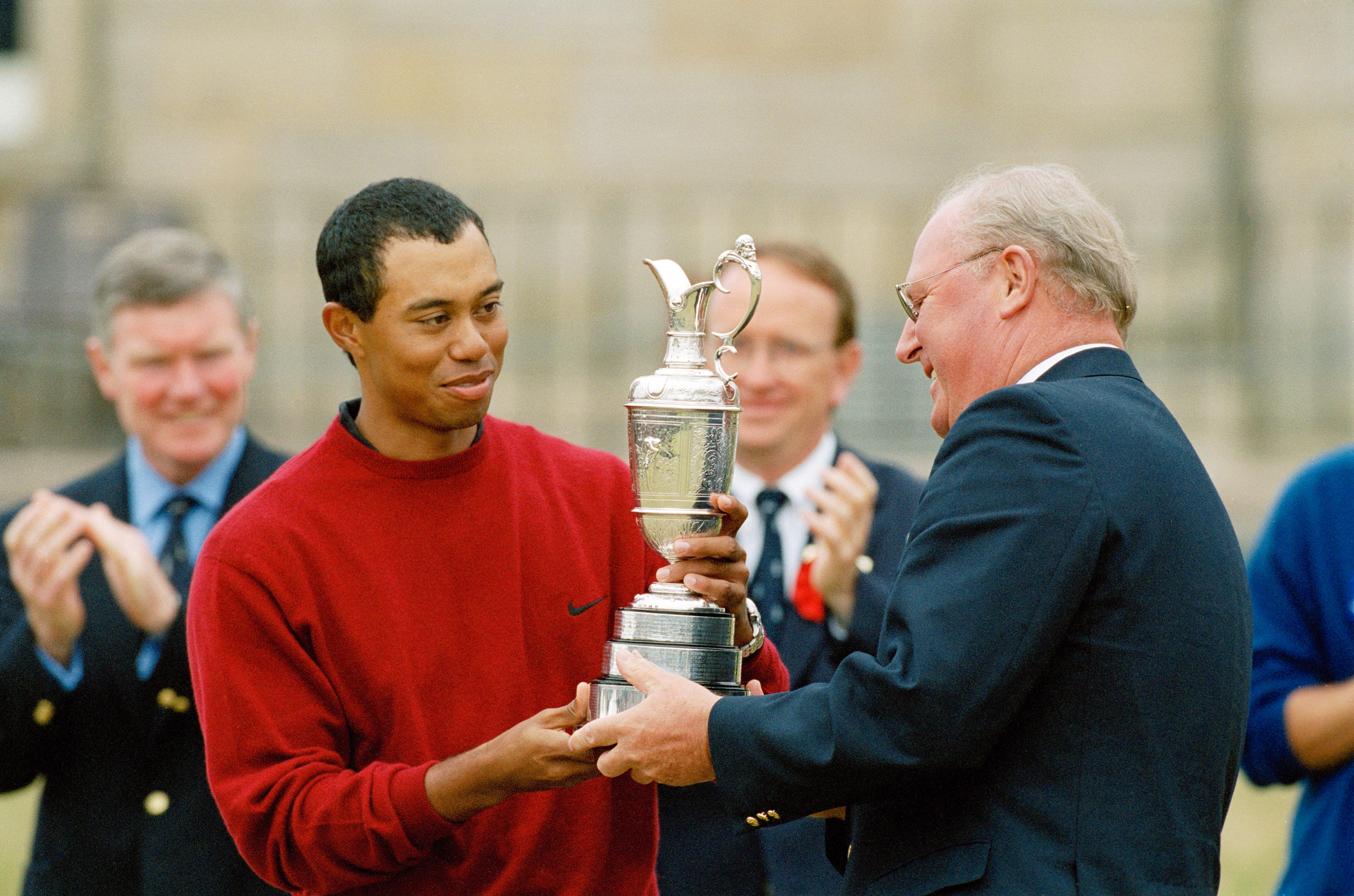
Sir Michael Bonallack presents the Claret Jug to Tiger Woods
Although his accolades as a player were highly notable, Bonallack’s post-competitive career was, perhaps, even more impressive. He spent a decade working for a golf course design and construction company before being appointed secretary of The R&A in 1984.
During his tenure in St Andrews, he was instrumental in guiding the sport of golf towards the 21st century, expanding The Open Championship and re-investing heavily in the development of the game. “He’s bridged the gap between the history and heritage of the Open championship and golf in general as it moved into the commercial age and he's done it with great taste and tact.” Said the late Mark McCormack, former chairman of IMG.
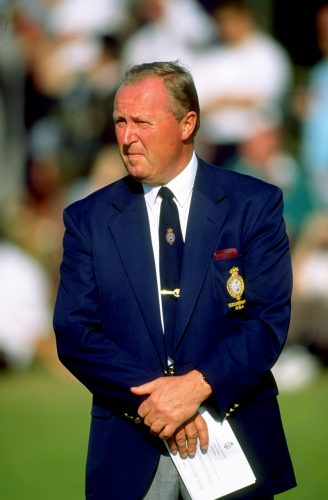
Amongst other roles, Bonallack was chairman of the European Tour between 1976 and 1982, chairman of the Golf Foundation from 1977-1982 and president of the EGU in 1982. He received the USGA’s Bob Jones award for sportsmanship in 1972 and was inducted into the World Golf Hall of Fame in 2000. In 1971 he was awarded an OBE and, in 1998, was made a knight. In 1999 he was captain of the R&A.
Bonallack’s contribution to golf was remarkable. He dedicated his life to developing and forwarding the sport and will, surely, always retain the tag of Britain’s best ever amateur.
ESSENTIALS
Date of birth: December 31 1934
Place of birth: Chigwell, Essex, England
Died: September 26 2023
Career highlights: -
British amateur champion – 1961, 1965, 1968, 1969, 1970
English amateur champion – 1962, 1963, 1965, 1967, 1968
Walker Cup – 1957, 1959, 1961, 1963, 1965, 1967, 1969, 1971 (playing captain,) 1973 1971 received OBE
1972 USGA Bob Jones award
1984-1999 secretary of the R&A -
1998 received knighthood
1999 captain of the R&A
2000 inducted into World Golf Hall of Fame

Fergus is Golf Monthly's resident expert on the history of the game and has written extensively on that subject. He has also worked with Golf Monthly to produce a podcast series. Called 18 Majors: The Golf History Show it offers new and in-depth perspectives on some of the most important moments in golf's long history. You can find all the details about it here.
He is a golf obsessive and 1-handicapper. Growing up in the North East of Scotland, golf runs through his veins and his passion for the sport was bolstered during his time at St Andrews university studying history. He went on to earn a post graduate diploma from the London School of Journalism. Fergus has worked for Golf Monthly since 2004 and has written two books on the game; "Great Golf Debates" together with Jezz Ellwood of Golf Monthly and the history section of "The Ultimate Golf Book" together with Neil Tappin , also of Golf Monthly.
Fergus once shanked a ball from just over Granny Clark's Wynd on the 18th of the Old Course that struck the St Andrews Golf Club and rebounded into the Valley of Sin, from where he saved par. Who says there's no golfing god?
-
 Chevron Championship Tee Times: Rounds One And Two
Chevron Championship Tee Times: Rounds One And TwoA look at when the players are teeing it up in the opening two rounds of the Chevron Championship - the first women's Major of the year
By Mike Hall
-
 Charley Hull Social Media Video Reveals Brutal Weather Conditions Ahead Of Chevron Championship
Charley Hull Social Media Video Reveals Brutal Weather Conditions Ahead Of Chevron ChampionshipCharley Hull has added a video to her Instagram stories showing strong wind and heavy rain in Texas ahead of the first women's Major of the year
By Mike Hall
-
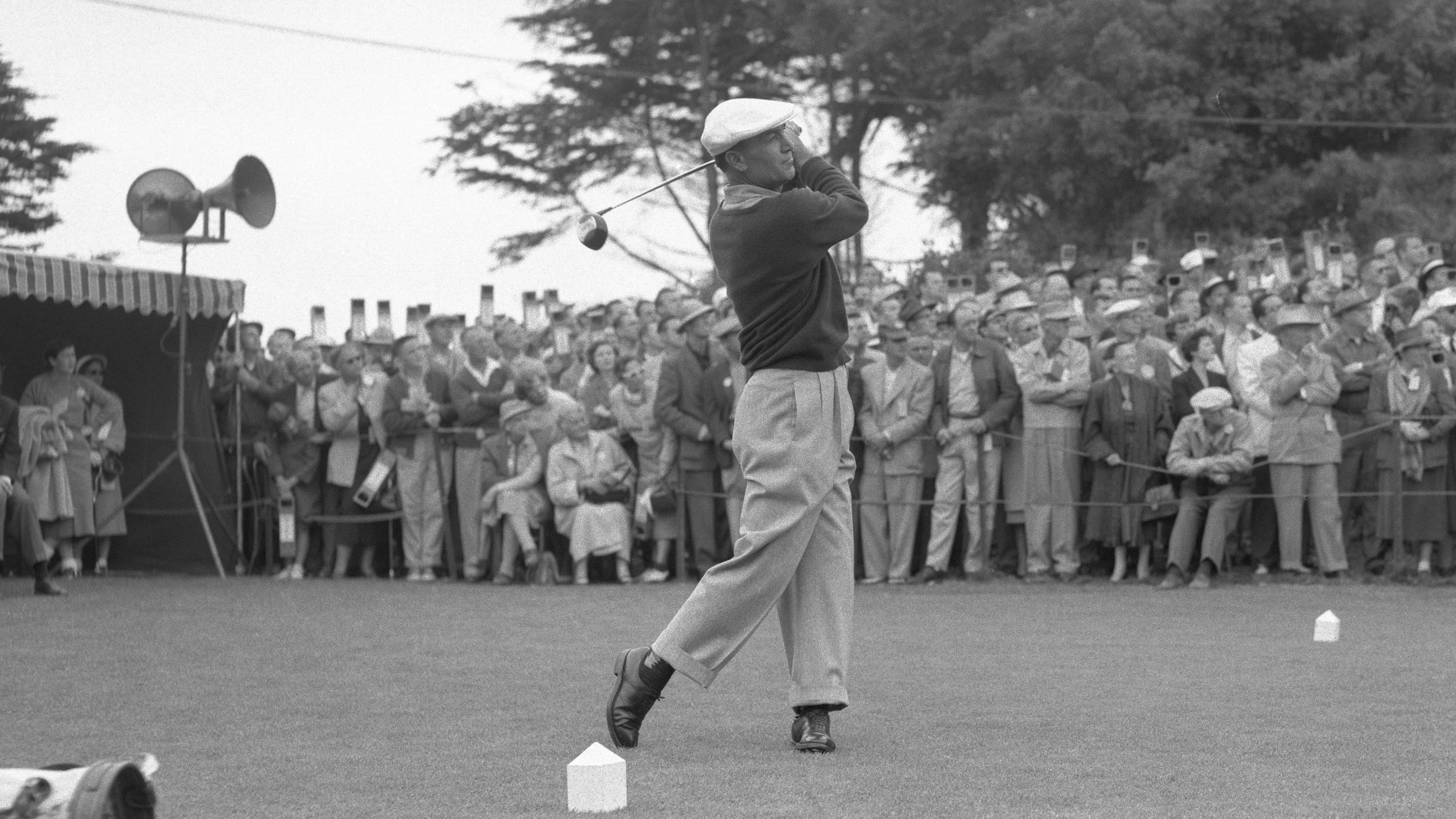 Quiz! How Much Do You Know About Ben Hogan?
Quiz! How Much Do You Know About Ben Hogan?Ben Hogan was one of the greatest golfers in the history of the game. He was a brilliant swinger of the club and is an icon of the sport. How much do you know about him? Test yourself here…
By Fergus Bisset
-
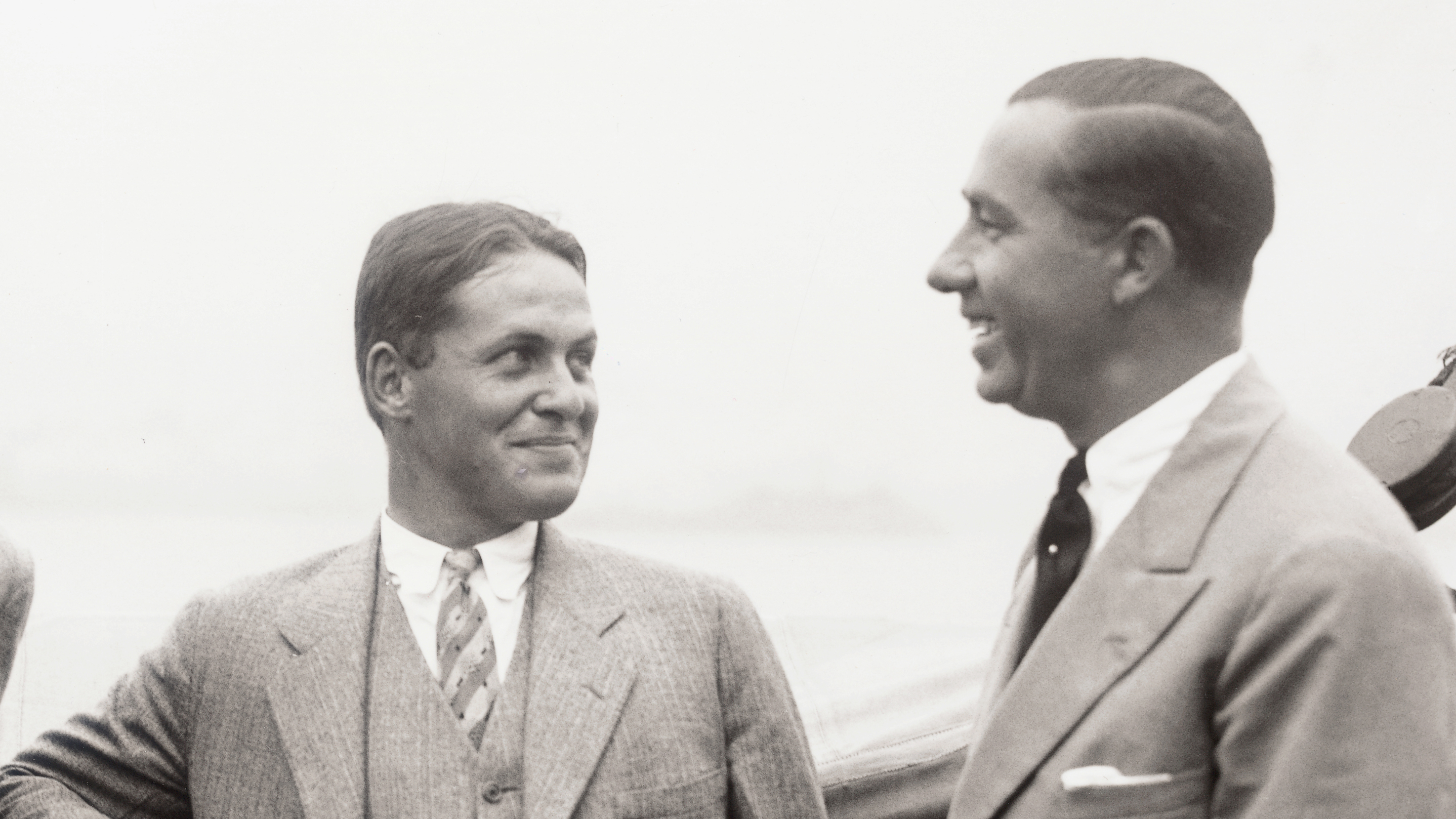 Quiz! Golf In The Roaring 20s – How Much Do You Know About Walter Hagen and Bobby Jones?
Quiz! Golf In The Roaring 20s – How Much Do You Know About Walter Hagen and Bobby Jones?Walter Hagen and Bobby Jones were the standout star golfers of the 1920s. How much do you know about their golfing careers? Test yourself with this quiz
By Fergus Bisset
-
 How Far Did Old Tom Morris Drive The Golf Ball?
How Far Did Old Tom Morris Drive The Golf Ball?Old Tom Morris became a golfing legend in the second half of the 19th century, but how far could he hit the golf ball?
By Fergus Bisset
-
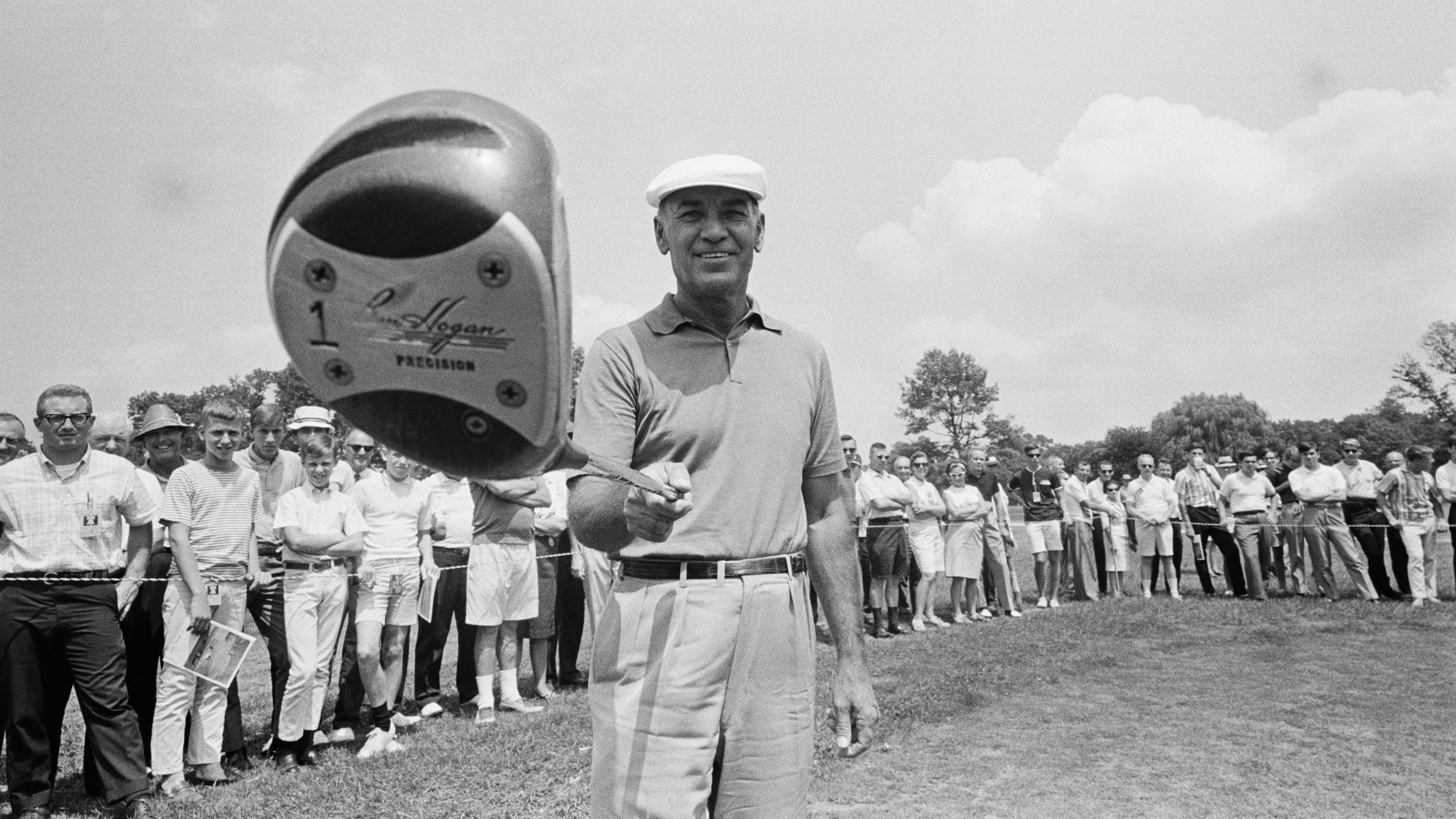 Injury, The Yips And No Form... How Ben Hogan Almost Pulled Off The Unthinkable In His Last Masters Appearance
Injury, The Yips And No Form... How Ben Hogan Almost Pulled Off The Unthinkable In His Last Masters AppearanceAt Augusta National in 1967, 54-year-old Ben Hogan rolled back the years with an incredible back nine of 30 in the third round of his final Masters
By Fergus Bisset
-
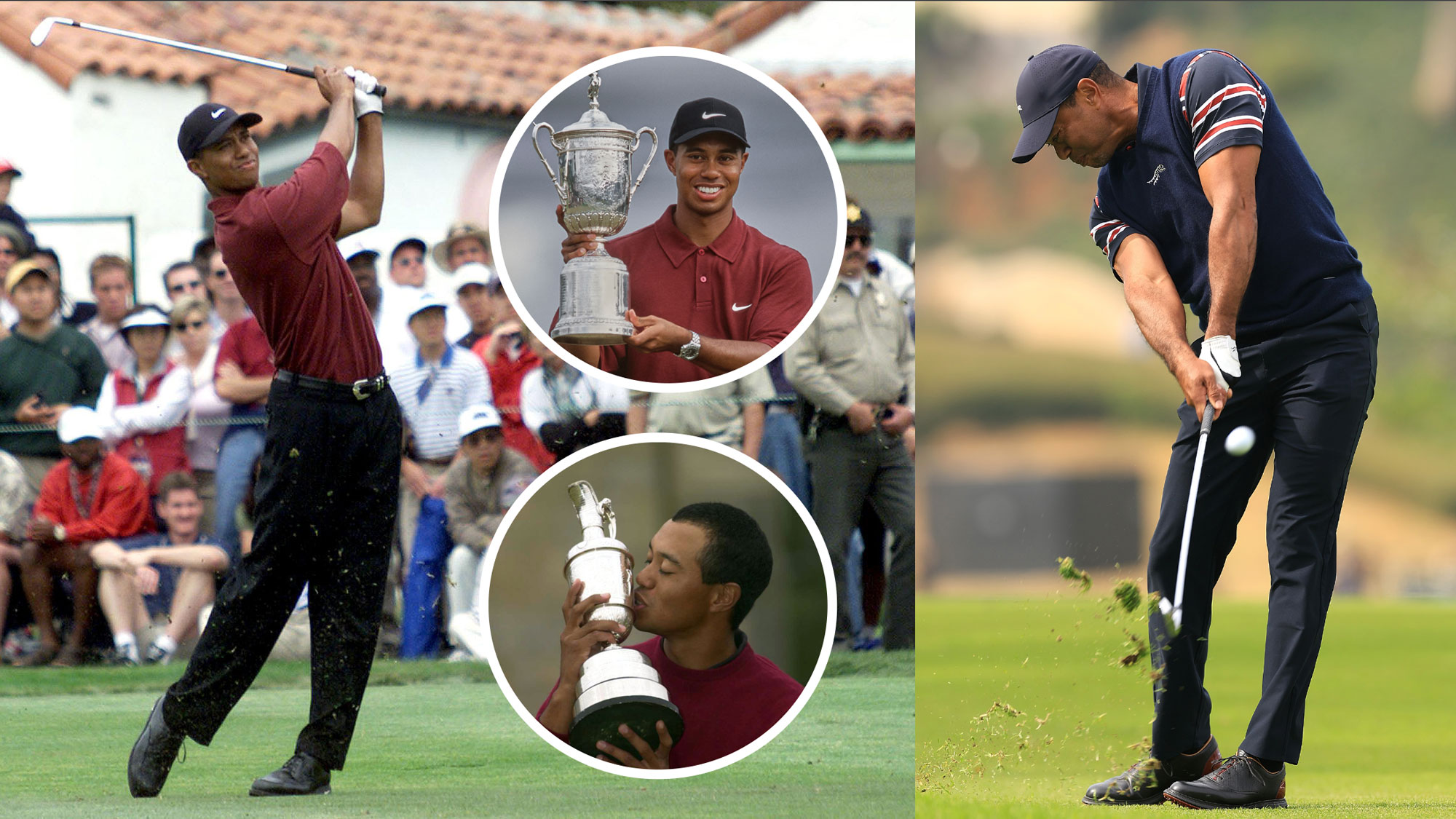 How Would The Unstoppable Tiger Woods Of 2000 Get On Against Today's Best Golfers? We've Crunched The Numbers To Find Out...
How Would The Unstoppable Tiger Woods Of 2000 Get On Against Today's Best Golfers? We've Crunched The Numbers To Find Out...In 2000, Tiger Woods played golf that seemed, and was at times, out of this world. Was it the best anyone has ever played? How would it compare to the best of today?
By Fergus Bisset
-
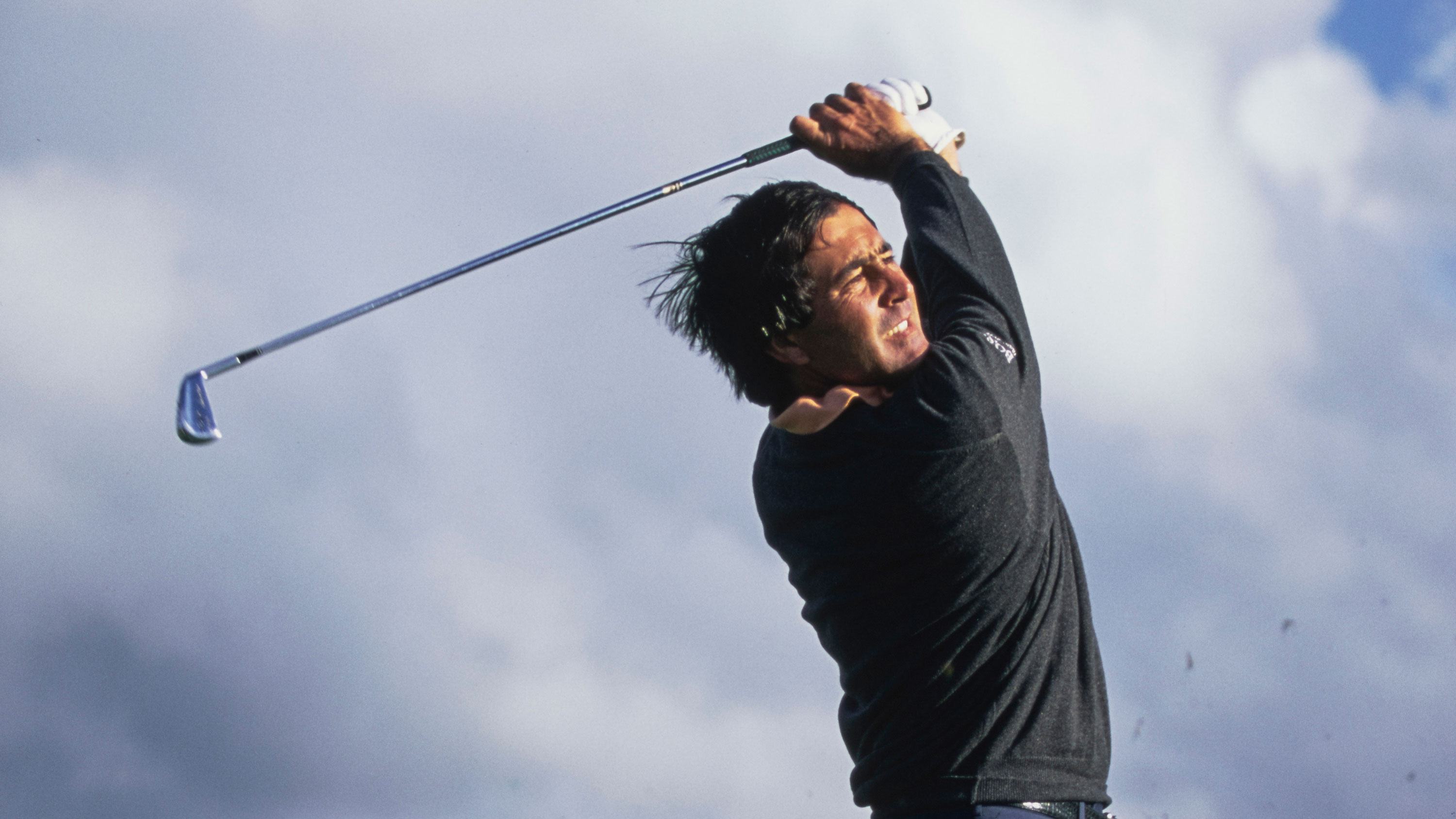 Seve Or Arnie, Who Did More For The Modern Pro Game?
Seve Or Arnie, Who Did More For The Modern Pro Game?Both men were inspirational, and both played a key role in the development of the professional game during the second half of the 20th century.
By Fergus Bisset
-
 It Only Took 19 Play-Off Holes... The Amazing Story of Hale Irwin's Record-Breaking 1990 US Open Win
It Only Took 19 Play-Off Holes... The Amazing Story of Hale Irwin's Record-Breaking 1990 US Open WinHale Irwin came through a play-off to become the oldest ever US Open winner in an unlikely and highly memorable contest at Medinah
By Fergus Bisset
-
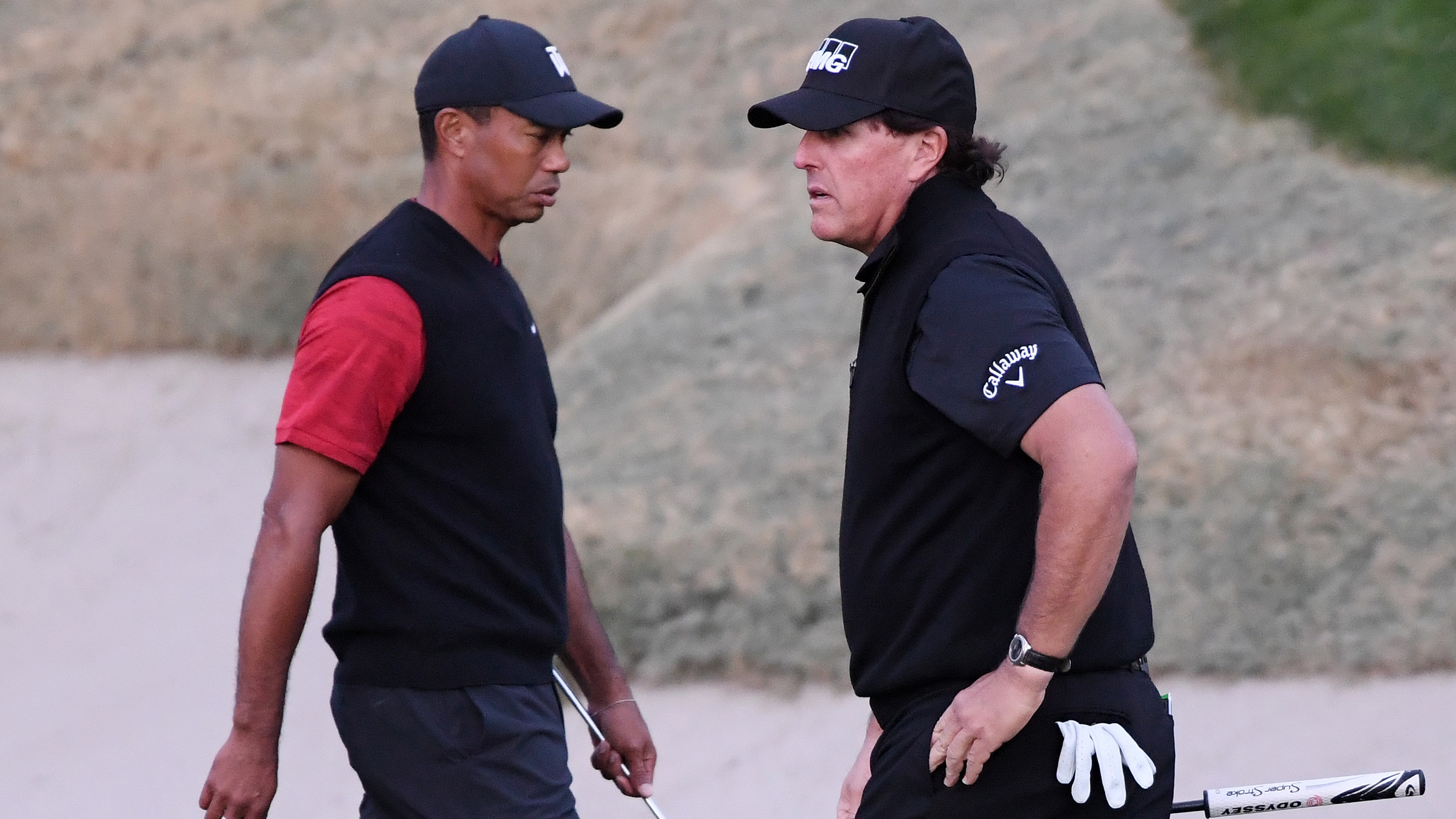 Woods Vs Mickelson – The Numbers Behind One Of Golf’s Great Rivalries
Woods Vs Mickelson – The Numbers Behind One Of Golf’s Great RivalriesWe take a look at the careers of two legends from the last 35 years of golf and compare some of the numbers behind their success.
By Fergus Bisset